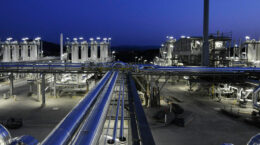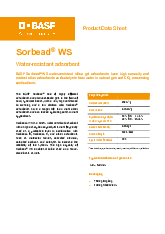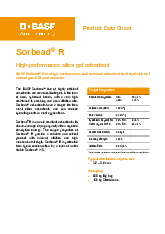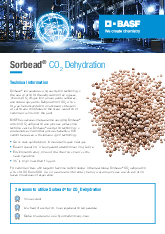
OASE® Blue
CO2 Capture
BASF’s OASE® technologies are an industry leader in gas treatment. OASE® blue was developed specifically as an optimized large-scale post-combustion capture technology. Low energy consumption, low solvent losses and a highly flexible operating range make OASE® blue the paramount technology for flue gas carbon capture.
BASF Catalysts & Adsorbents
CO2 Purification
BASF has a diverse portfolio of catalysts and adsorbents capable of removing impurities common to CCS applications. These impurities include but are not limited to H2O, O2, and CO.
Purification can be implemented in various stages of the process depending on the specific project needs.
Sorbead®
CO2 Dehydration
Sorbead® is an amorphous, aluminosilicate gel with unique properties that make it the ideal H2O adsorbent for carbon capture and storage. Leveraging decades of manufacturing experience has allowed BASF to develop the ideal adsorbent for carbon capture and storage. Sorbead® easily meets pipeline specifications while also providing a lower energy, lower cost, and longer lifetime solution.









